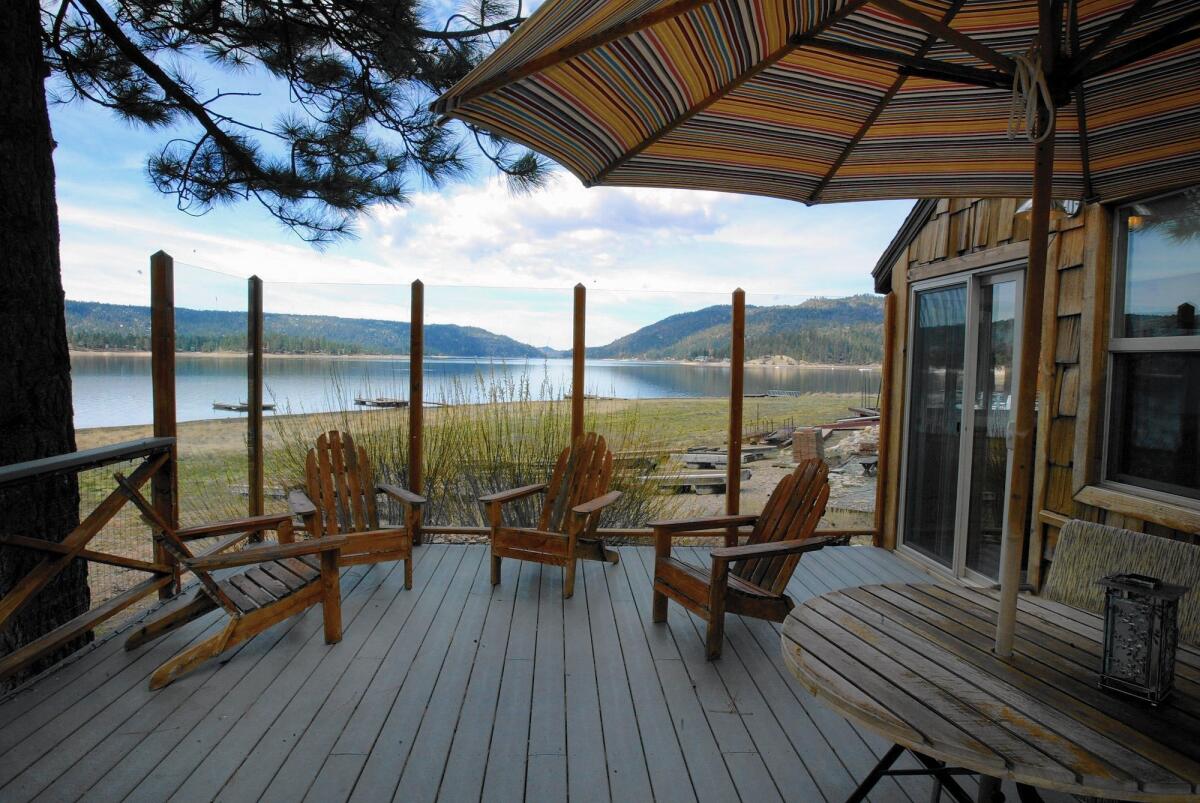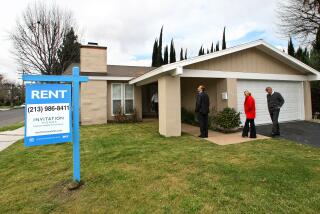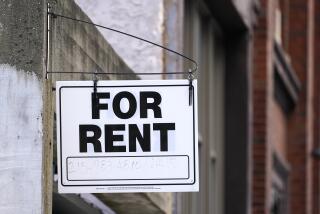Marketing fee from HomeAway prompts owner anger and lawsuit

Question: We own two vacation homes and rent them out through VRBO.com. The company has recently enacted new fees for guests of around 6% to 9%. It has cut down on our business, as it has for many owners. Renters are not booking with owners after seeing the big fees. Can anything be done?
Dori Warner
Yorba Linda
------------
FOR THE RECORD
April 11, 5:20 p.m.: A previous version of this article incorrectly reported the letter writer’s last name was Wagner. It is Warner.
------------
Answer: The fee structure was changed in mid-February; by March 15, a lawsuit had been filed that a lawyer for the plaintiff said could take time to resolve.
First, some background: VRBO (Vacation Rental by Owner) describes itself as “part of the HomeAway family,” which also includes VacationRentals.com, among others. Expedia, which bought Travelocity in January 2015 and Orbitz in September, added HomeAway in November.
AirBnB charges fees, so what’s the big deal? None, except of course you’ll pay more, but you won’t necessarily get more unless you love marketing.
Read on.
In 2015, nearly a million U.S. properties were purchased as vacation homes, according to a National Assn. of Realtors survey released Wednesday. Many of those buyers wanted a second home to use as a getaway and/or for retirement, but there is also a separate category of investment buyers, who bought more than a million properties last year.
Nearly a quarter of the getaway home buyers and more than 40% of investment buyers rented or tried to rent those properties on a short-term basis in 2015 and want to do so this year, the report said.
That means there’s a lot of inventory, potential or actual, out there. But it also points up a difference between AirBnB and HomeAway et al: Most HomeAway properties are second homes, not primary residences, Jordan Hoefar, a HomeAway spokesman, said in an email.
AirBnB, on the other hand, is the poster child for the sharing economy, which means it is sharing (although charging for) unused space. That could be an extra bedroom, an upstairs space in a house or the whole house.
Comparing AirBnB and HomeAway may be like comparing apples and oranges.
AirBnB “is not as directly competitive as FlipKey, Booking.com [Villas.com] and even hotels and resorts,” Hoefar said in an email.
That the new fees occurred just months after Expedia’s acquisition had nothing to do with the purchase; they were in process before the buyout, Hoefar added.
Instead, those fees are all about visibility. “Many of our competitors spend significantly more than HomeAway on marketing and advertising,” the HomeAway website said. “Therefore, to increase your visibility and long-term booking success, we’re increasing our marketing by 50%. As a reminder, this is funded by the service fee.”
But that service fee, Wagner and others say, has depressed rentals.
HomeAway disagrees. It contends any decrease in bookings may be the result of seasonality, bookings closer to the date of travel and a change in how properties show up after a search, which factors in the property owner’s rate of response, among other things, Hoefar said in an email.
Michael Bowse, a Southern California lawyer representing a plaintiff in a proposed class-action lawsuit, said the addition of fees had affected bookings. The suit contends that HomeAway promised not to charge a fee, then changed its mind.
From the suit: “These newly instituted ‘service fees’ to travelers, which range from 4% to 10% of the total price of the vacation rental, have had precisely the effect plaintiff and other owners feared: They have reduced the number and value of bookings by travelers, resulting in significant damage to plaintiff and other owners.”
HomeAway said it does not comment on pending litigation.
How this all plays out (and how long it takes to do so) is of little concern to consumers except for this important piece: They will pay more for their vacation rental than they did last year, thanks to the fee.
I checked out a one-bedroom, one-bath Santa Barbara HomeAway listing for a hypothetical May 12-19 stay. At $358 a night, the total came to $2,443, which included a $127.60 service fee, a little more than 5% of the total.
As consumers, is it really our responsibility to pay $127.60 to help HomeAway market its properties?
Readers, what do you say?
Have a travel dilemma? Write to [email protected]. We regret we cannot answer every inquiry.
More to Read
Sign up for The Wild
We’ll help you find the best places to hike, bike and run, as well as the perfect silent spots for meditation and yoga.
You may occasionally receive promotional content from the Los Angeles Times.







